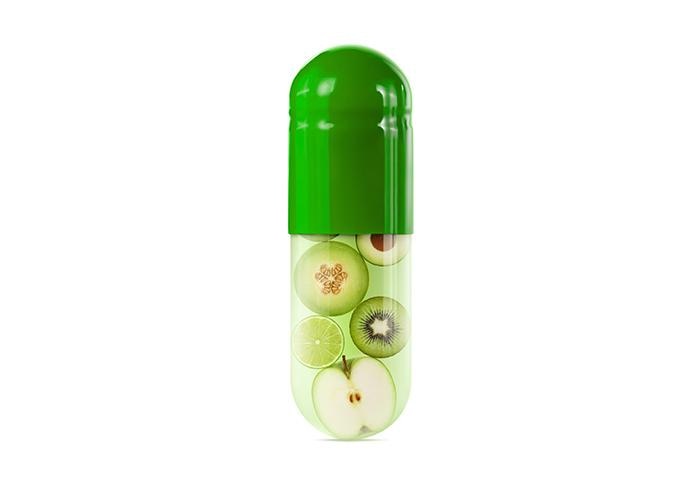Pure Indulgence Beauty Therapy
|
Are you aware that, living in New Zealand, it is postulated that you cannot make vitamin D from sunlight for six months out of the year? From March through until October, research shows that many people in southern latitudes are deficient in Vitamin D, because there is insufficient sunlight during the winter months to stimulate the production of vitamin D in skin. Although it is termed a vitamin, Vitamin D is actually an essential hormone that helps regulate many processes within the body, along with its synergystic twin, Vitamin A. A deficiency of Vitamin D has been linked to a lowering of the immune system. But what actually is the immune system? The immune system is a collection of different systems designed to protect the body. We are born with our innate immune system, the cells and mechanisms that defend us from infection in a non-specific manner. There are the physical barriers to prevent infection, such as the skin, tears, eyes, respiratory system and the stomach and digestive system; along with the different types of white cells or leukocytes in our blood which fight infection. We also have an acquired immunity which is made up of antibodies produced when the body first comes into contact with a toxin or infection. The next time it meets that infection it has the antibodies to prevent the disease becoming established. We build up most of our acquired immunity in our childhood – which is why we don’t get chicken pox time and time again. As skin therapists, we are particularly interested in the immune system of the skin and so need to look for ingredients that support and strengthen the cells involved in the immune process, such as the Langerhans cells. This is especially important when Vitamin D levels naturally decrease over the winter months as we need to support and maximise the benefits of Vitamin D within our clients’ skin.
How do we do this? Eating a diet rich in fruit and vegetables will ensure we have plenty of the key immune boosting vitamins and minerals such as vitamins A, C, E and the minerals zinc and selenium to help support the Vitamin D in the system. I encourage clients to boost the effect of a healthy diet by adding a topical application of vitamins and antioxidants. This will help ensure the skin’s immune system stays strong and resilient throughout winter. Look for a skin care range that supplies these essential nutrients to the skin, preferably in a dosed, step up system, in order to minimise reactions and achieve optimal results in a weather compromised skin. Vitamin A in particular is needed to support the Langerhans cells and encourage the healthiest skin defense possible. Vitamin C is also important for collagen production and capillary health. Moving from warm indoor environments to the chilly outdoors causes the skin’s capillaries to dilate and contract. The capillary walls eventually lose elasticity and trigger increased redness and sensitivity. This is especially true for clients whose immune systems are already compromised and who present with rosacea, excema or dermatitis type symptoms. Normally, the outer layers of skin form a natural, protective barrier. Studies have shown that those with rosacea, excema and dermatitis have a disrupted barrier that can become even more disrupted when exposed to external aggressors, leading to redness, itching, and increased sensitivity. Look for adaptogens in your products to calm and support. Winter may also be the time to add some extra comfort products to your skincare routine, but make sure that these also deliver nutrients to help the skin. Comments are closed.
|
Categories
All
Archives
September 2019
|
Opening Hours:Monday: Closed
Tuesday: 10am - 7pm Wednesday: 10am - 5pm Thursday: 10am - 8pm Friday: 10am - 5pm Saturday: 10am - 2.30pm Sunday: Closed |
Text:Address:168 Kendal Ave
Burnside Christchurch |
Email: |
Pure Indulgence Beauty Therapy operates by appointment only.
,Since 2010 Pure Indulgence has been emphasising self love and care and building a community of like minded people. We pride ourelves on our educated and professional therapists, whilst also ensuring your experience is relaxing. We are an advanced skin, IPL and beauty clinic situated in Burnside, Christchurch. We comibine relaxation with luxurious skincare and modern technology to bring you treatments that work.
©2023 Pure Indulgence Beauty Therapy Nz Ltd. All Rights Reserved

